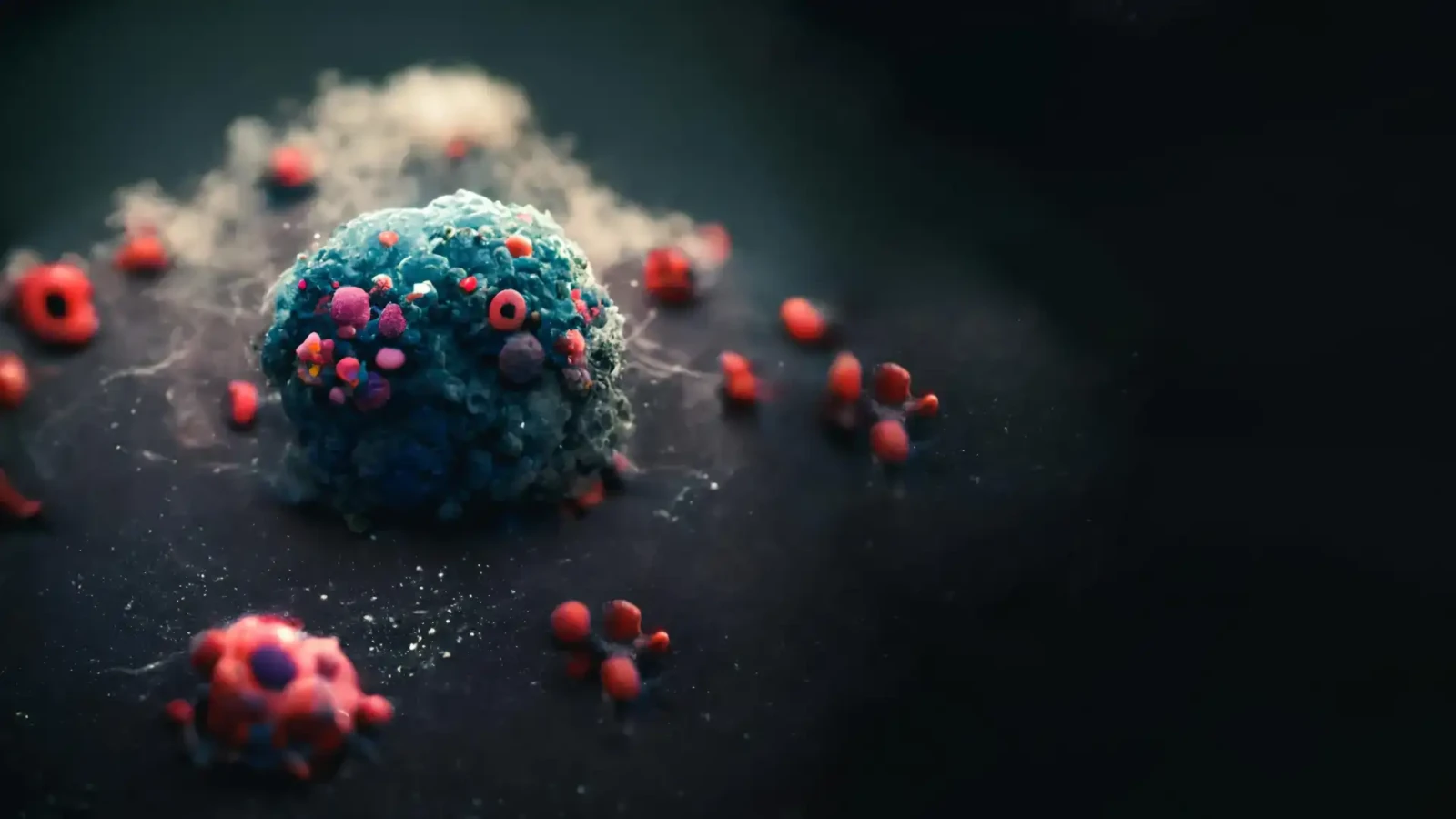Researchers at Northwestern University have introduced a novel method to significantly enhance the efficacy of the chemotherapy drug 5-fluorouracil (5-Fu) by encapsulating it in spherical nucleic acids (SNAs). This innovative formulation has been shown to be 20,000 times more effective against leukemia cells while substantially minimizing side effects.
5-Fu is a well-established cancer treatment but often faces limitations due to its poor solubility and associated side effects impacting healthy tissues. By embedding 5-Fu within SNAs—nanostructures that contain a dense shell of DNA or RNA encasing a nanoparticle—the team has improved its uptake by cancer cells, ensuring more effective delivery directly to tumor sites and reducing damage to normal cells.
In studies involving animal models with acute myeloid leukemia (AML), the SNA-enhanced 5-Fu exhibited a 12.5-fold increase in cellular absorption compared to the standard formulation. Additionally, it achieved a remarkable 20,000-fold enhancement in cancer cell destruction and a 59-fold decrease in cancer progression, all without causing detectable side effects. These encouraging results demonstrate the potential of SNAs to transform cancer treatment through more precise and powerful therapeutic options.
This research is part of the burgeoning field of structural nanomedicine, which focuses on the careful design of nanomedicines to optimize their interaction with the body. With seven SNA-based therapies already undergoing clinical testing, there is significant optimism that this approach could lead to breakthroughs in treatments for various conditions, including cancers, infections, neurodegenerative disorders, and autoimmune diseases.
The findings were published in the journal ACS Nano on October 29, 2025, under the leadership of Chad A. Mirkin, a prominent professor and director of the International Institute for Nanotechnology at Northwestern. The research team plans to further explore this treatment in additional animal studies before progressing to human clinical trials.












Is it just me, or does the idea of nanotechnology curing cancer sound like something out of a sci-fi movie? Mind blown!
Im skeptical about this 20,000 times claim. Sounds too good to be true. Need more evidence! #nanotechnology #cancerresearch
Wow, 20,000 times improvement in cancer treatment?! Sounds too good to be true. Can nanotechnology really be the magic bullet weve been waiting for?
Cant help but wonder if this nanotechnology miracle is too good to be true. Skepticism or optimism?
Can nanotechnology really be the ultimate solution for cancer treatment, or are we overlooking potential long-term effects? Thoughts?
Wow, 20,000 times better with no side effects? Sounds too good to be true! Can nanotechnology really be the answer to cancer treatment?
Wow, 20,000 times improvement in cancer treatment? Sounds too good to be true! Are there any potential downsides or risks?
20,000 times without side effects? Sounds too good to be true. Lets wait for more research before celebrating.
Wow, 20,000 times better? Sounds too good to be true. Ill believe it when I see it in action!
Im not buying it! 20,000 times better without side effects? Sounds too good to be true. Lets see the proof!
Wow, 20,000 times more effective? Sounds too good to be true! I wonder about the long-term effects on the body.
Wow, 20,000 times more effective? That sounds too good to be true! Can nanotechnology really be the game-changer in cancer treatment?